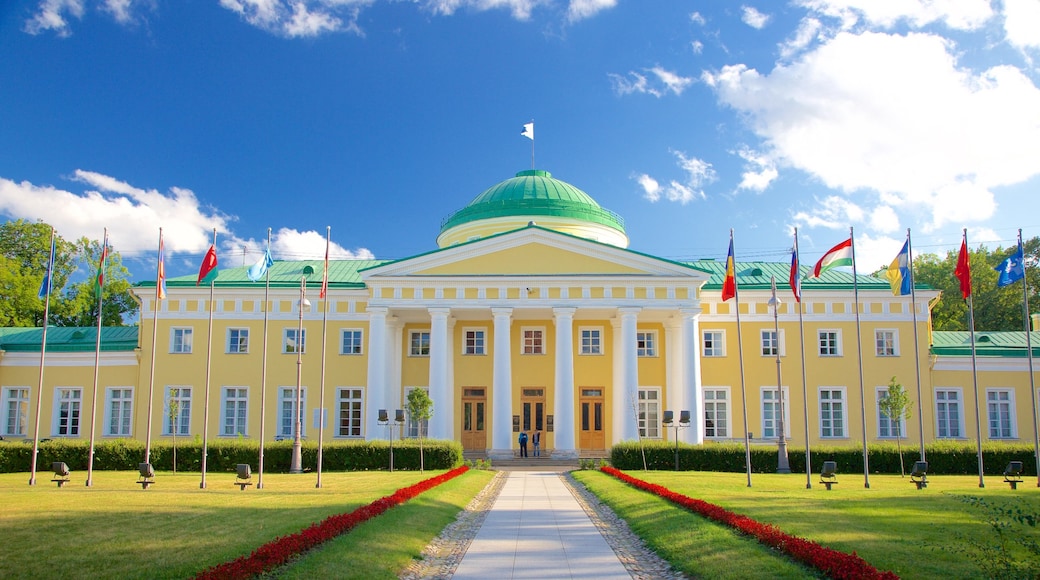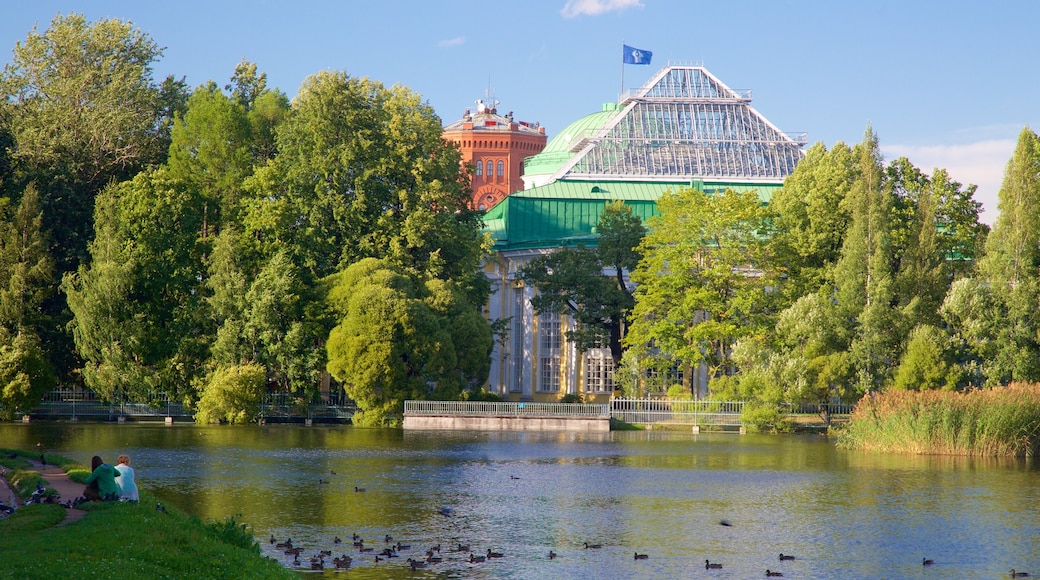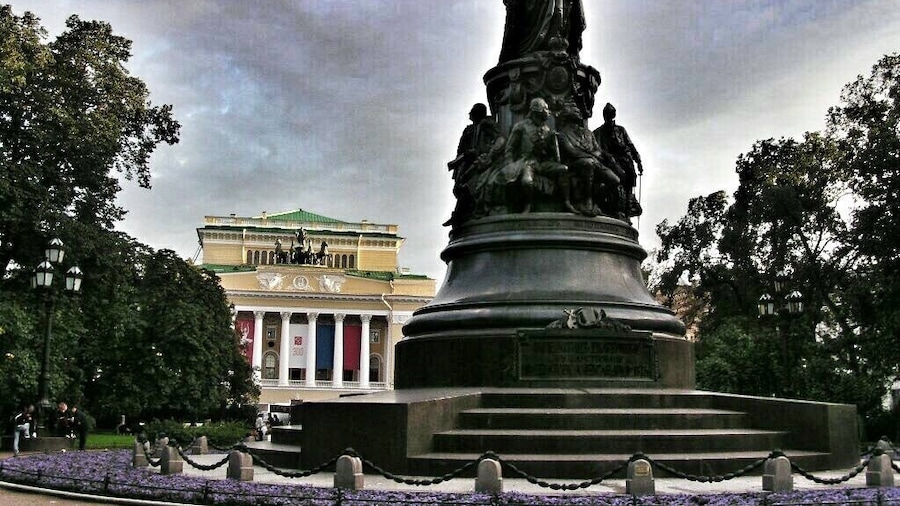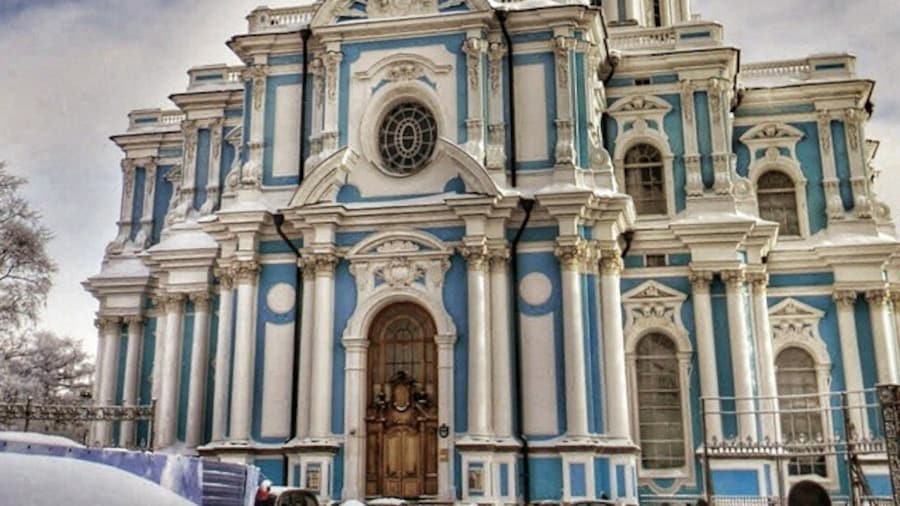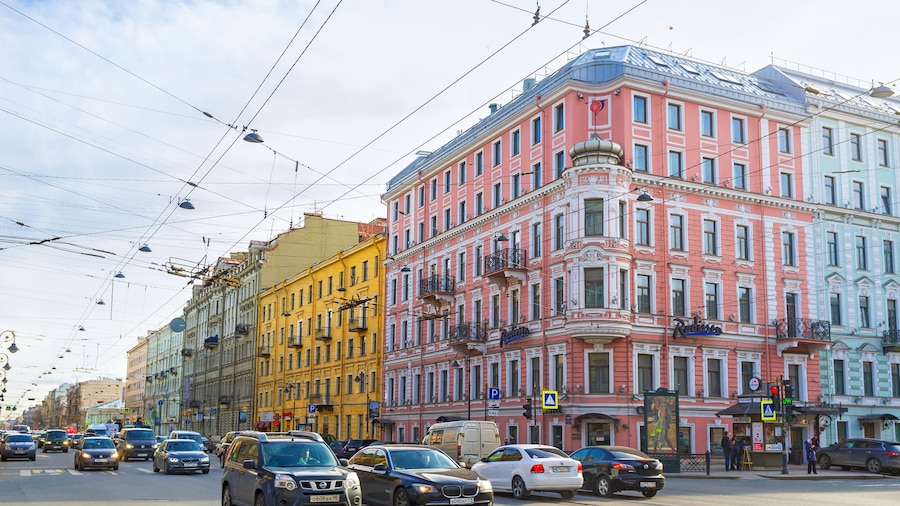It is difficult to overlook striking Tauride Palace when exploring St. Petersburg. The bold building, also known as the Tavricheskiy Palace, is marked by its bright yellow façade, green dome and neoclassical portico supported by white, Doric pillars. From outside, marvel at the colorful exterior of this famous landmark, which today serves as a private governmental building and is closed to the public. Head behind the palace to roam through the expansive palace gardens, which feature walking trails, sports facilities and arts venues.
Take photos of the exterior of this 18th-century monument. The palace was designed for Prince Grigory Potemkin between 1783 and 1789 by Ivan Starov, one of the royal court’s architects. From 1921 to 1991 it was used by the Communist Party for the All-Union Agricultural Communist University and the Higher Party School. Today, it is mostly closed to the public, and functions as the home of the Interparliamentary Assembly of the Commonwealth of Independent States.
Explore the gardens behind the palace. The gardens were designed as private grounds for the palace’s occupiers, but have been open to the public since 1866. The gardens are laid out with several trees and shrubs imported from the U.K. to give it an English feel. Look for the monument to soldiers who defended the city during World War II.
Wander around the paths of the gardens, which lead along streams and past a pond. Colorful flower beds and expansive lawns make this a popular destination for St. Petersburg locals. Watch acrobats, musicians and dancers perform in the Leningrad Center, which sits on the edge of the palace gardens.
The Tauride Palace is located north of St. Petersburg’s city center, by the bend of the Neva River. Take the subway to one of the neighboring streets then walk here to admire the exterior of this famous landmark.
